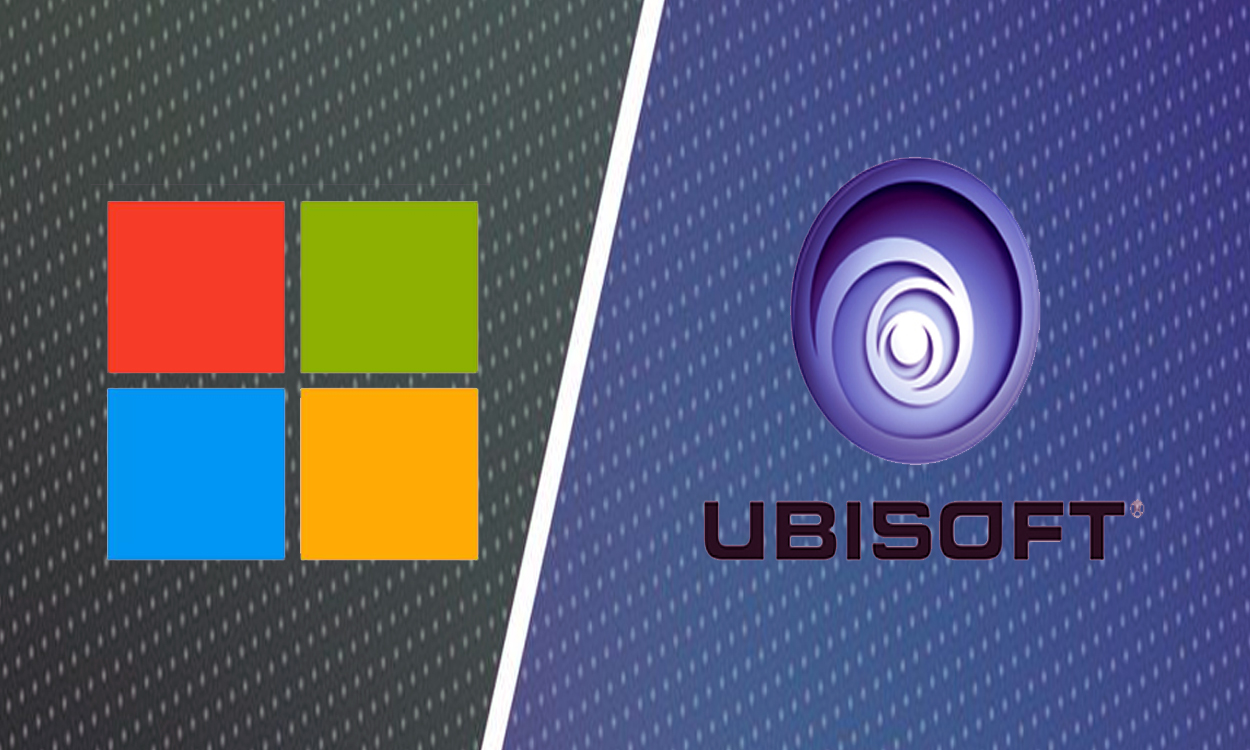Microsoft is planning to sell the streaming rights for Activision Blizzard games to Ubisoft.
The tech giant is actually planning to sell off the streaming rights for Activision Blizzard games, and guess who's stepping up to the plate? None other than Ubisoft. Yeah, it's a bit of a curveball from Microsoft's original game plan, but it's all in the name of sealing the deal on their whopping $68.7 billion takeover of Activision Blizzard, the powerhouse behind the iconic "Call of Duty" franchise.
Microsoft isn't just making a straightforward takeover – they're mixing things up by offering Ubisoft the golden ticket to stream Activision Blizzard's game collection. It's a bit of a masterstroke to address concerns raised by the cautious UK regulators. Basically, Microsoft is saying, "We'll own the company, but streaming rights? Well, let's spread the love a bit." If the agreement is now accepted, Ubisoft will be granted perpetual streaming rights for any new Activision Blizzard PC and console games that are released over the course of the following 15 years.
In other words, if Microsoft acquires Activision, the next 15 years of Call of Duty games will be streamable via Ubisoft's cloud services in perpetuity.
According to Microsoft President Brad Smith, this modification means that Microsoft will no longer have "exclusive" control over the streaming of Activision Blizzard titles.
Smith's announced the change in a blog post, "Under the restructured transaction, Microsoft will not be in a position either to release Activision Blizzard games exclusively on its own cloud streaming service - Xbox Cloud Gaming - or to exclusively control the licensing terms of Activision Blizzard games for rival services."
The titles will be available for licensing to a variety of different subscription services and cloud gaming platforms, and Ubisoft will be able to pay Microsoft for the rights to each game with a "one-time payment" and "an option that supports pricing based on usage."
The Ubisoft+ lineup is expanding!We're excited to announce a new agreement that will bring Activision Blizzard games to Ubisoft+ via streaming upon the completion of Microsoft’s acquisition of Activision Blizzard!We’ll also be licensing the games to a range of cloud streaming… pic.twitter.com/sZTnEFJedC— Ubisoft (@Ubisoft) August 22, 2023
Microsoft's expansion and perceived dominance in the game-streaming business proved to be a stumbling block in its previous attempt to get the transaction approved by the UK's Competition and Markets Authority (CMA).
The CMA abruptly stopped the transaction from moving forward in April by stating that Microsoft's ownership of Activision Blizzard ran the risk of "stifling competition in this growing market" — cloud gaming.
Where does that leave the whole situation then? The CMA has responded to this change by stating that the previous agreement between Microsoft and the company is now definitely dead and that the new agreement has been submitted for a new inquiry, with a deadline of October 18.
"The CMA has today confirmed that Microsoft's acquisition of Activision, as originally proposed, cannot proceed," CMA president Sarah Cardell said in a statement.
Separately, Microsoft has announced a new and restructured deal that differs significantly from what was originally put on the table. Activision's cloud streaming rights outside of the EEA will be sold to a competitor, Ubisoft, as part of this new agreement. Ubisoft will then be able to license Activision's content to any cloud gaming provider. As a result, players will have more options for accessing Activision's games, including through cloud-based multigame subscription services. This deal will now be examined as part of a new Phase 1 investigation.
"This is not a green light," Cardell added. "We will carefully and impartially evaluate the specifics of the restructured deal and its effect on competition, taking into account comments from third parties. Our objective has not changed; any decision made in the future regarding this new agreement will guarantee that the expanding cloud gaming market continues to gain from open, competitive activity that fosters innovation and choice.
"This latest development is perhaps not quite what many had expected when the CMA agreed to pause in Microsoft/Activision's appeal of the CMA's decision to block the transaction," competition partner at UK law firm Fladgate Alex Haffner said in a statement to Gamescensor.
"Instead of using Microsoft's new offer of a divestment of cloud gaming rights to a competitor to clear the original deal, the CMA has rubber-stamped that original decision and opened a new investigation into the deal in its revised form." The merging parties could theoretically face another drawn-out, protracted process to address any raised competition concerns. However, it is difficult to imagine that Microsoft would have chosen this new path if it hadn't had a strong belief that it would eventually receive regulatory approval from the CMA.
So, the regulators are no pushovers. They looked at this new twist, nodded their heads, and said, "Alright, let's put this under the microscope." The original Microsoft-Activision deal was a no-go according to them. But with this newfangled arrangement, they're giving it another shot. The CMA's got its eyes on the prize – fair competition, innovation, and keeping the cloud gaming market buzzing.

